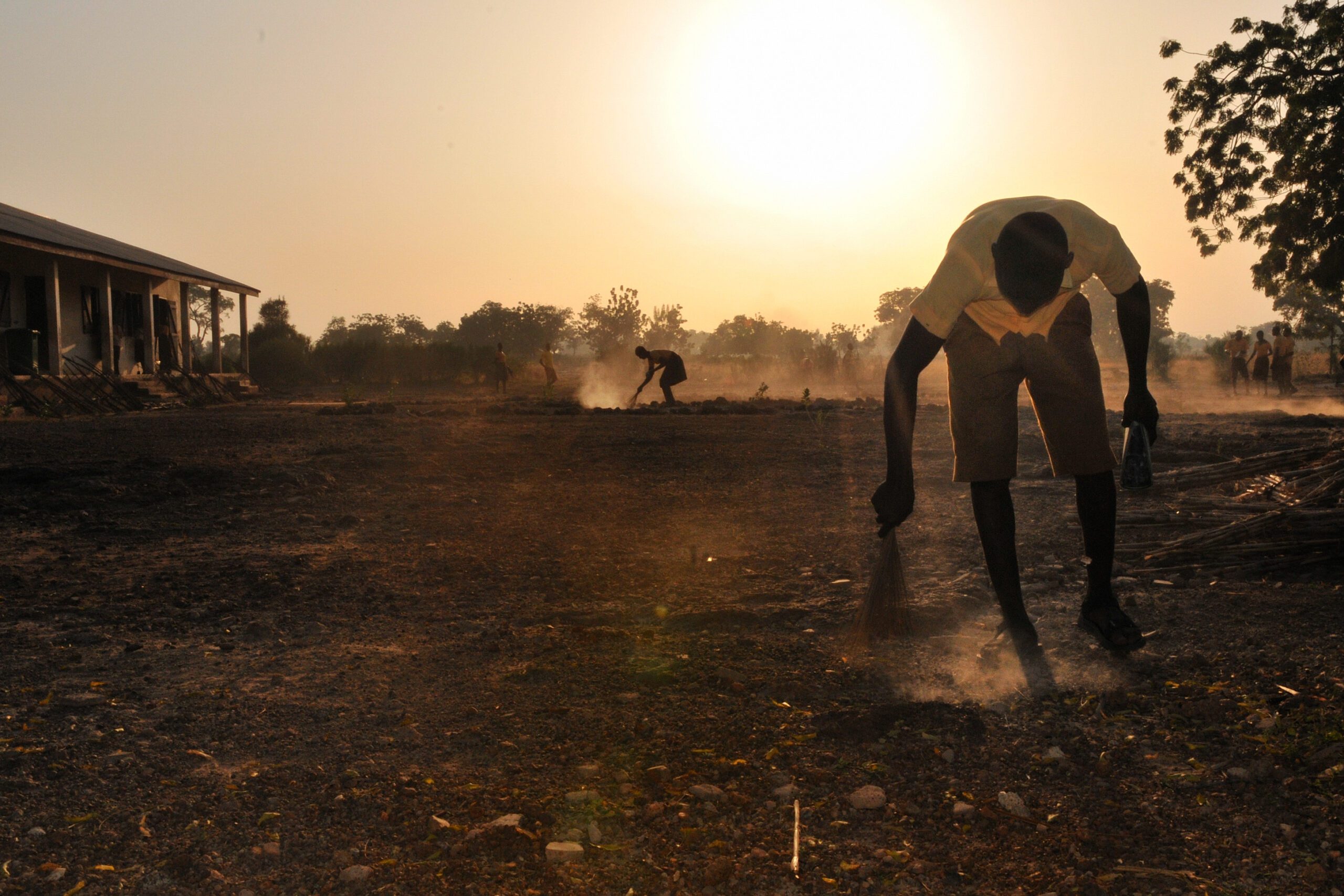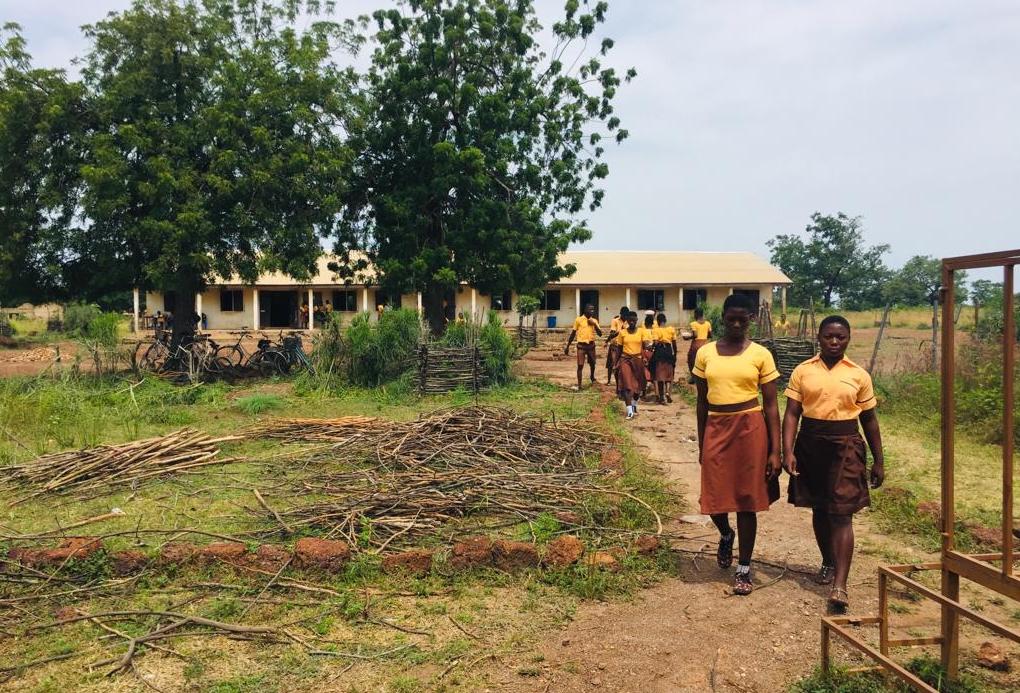The coronavirus pandemic has exposed stark regional, social and economic inequalities in Ghana’s educational system. On 16th March, days after Ghana confirmed its first case of coronavirus, President Nana Akufo-Addo announced indefinite closure of all schools to curb the spread of the virus. Whilst many of the country’s higher education institutions began exploring possibilities for online learning, and the Ministry of Education later launched TV learning, this simply isn’t a viable option for huge parts of the nation’s student body who lack the technological assets of TVs, laptops, or mobile phones, money for internet data bundles, or even electricity in their homes. This is a particularly so for children in the northern regions, in places like Lawra, where it has long been the reality that the population and educational facilities operate with limited infrastructure.
There are also huge disparities in educational outcomes for children whose parents have had a formal education and those who have not, and this period of the pandemic not only exposes those gaps but will surely cause them to widen. Whilst parents who have been formally educated could opt to provide homeschooling to mitigate the effect of gaps in their children’s education, this is not an option for those who have not, particularly in the north. At the last census, just 19% of the adult population in Lawra was literate (PHC 2010) and whilst this is believed to have been improved upon over the years, many parents in Lawra cannot afford the cost of textbooks and have severely limited resources to deliver any homeschooling.
By Leela Shanti, Programmes and Development Manager

